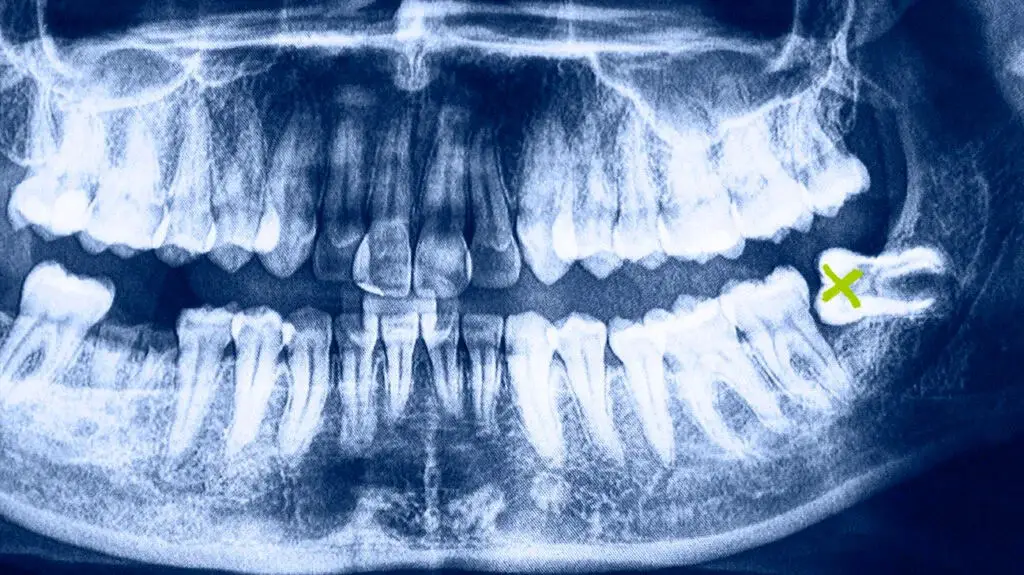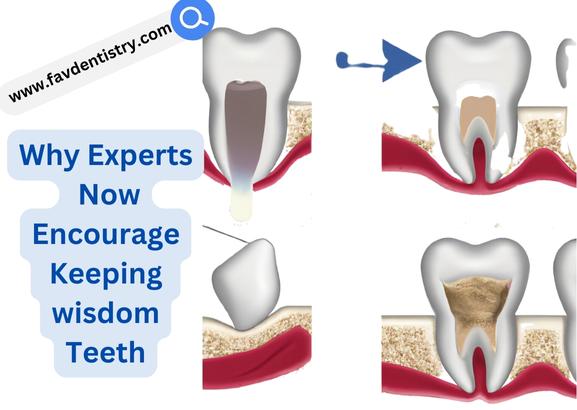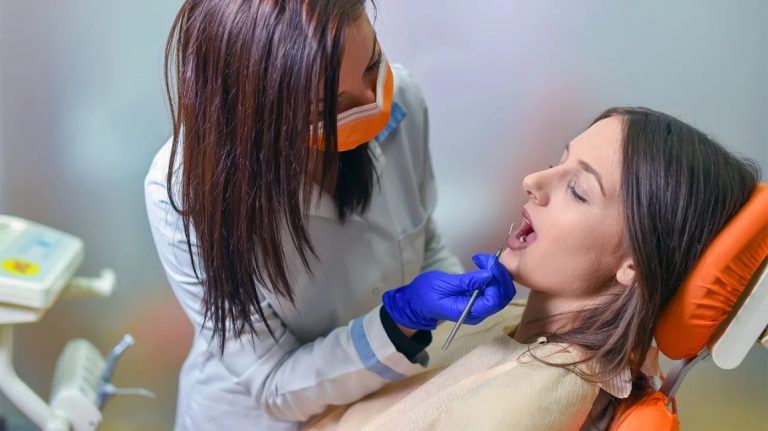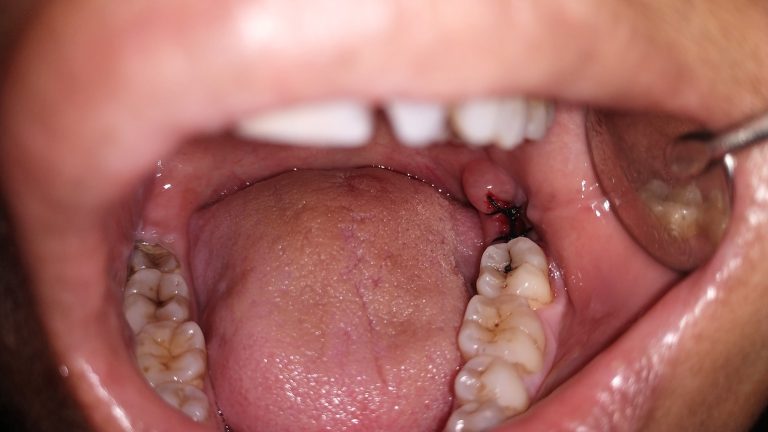Last Updated on 3 weeks by DR. ALBIN SIPES
Wisdom teeth removal after 30 is a common dental procedure necessary to prevent complications. As adults age, wisdom teeth can cause overcrowding or become changed, leading to pain and infection if left untreated.
Additionally, the older a person is, the longer it takes for wisdom teeth to develop fully, making removal more challenging. However, by addressing the issue promptly and scheduling an extraction, individuals can avoid potential dental problems down the line. It is crucial to consult with a dentist to evaluate the wisdom teeth and determine the best course of action.
Regular dental check-ups are essential for maintaining optimal oral health, especially when it comes to wisdom teeth removal after 30.
When And Why Should You Consider Wisdom Teeth Removal After 30?
Considering wisdom teeth removal after the age of 30 is essential for optimal oral health. Problematic wisdom teeth can cause various signs and symptoms, not limited to pain, infection, and swelling. By evaluating the situation and consulting with a dental professional, removal can prevent further issues.
Not only will this impact your oral health positively, but it will also contribute to your overall well-being.
Risks And Complications Associated With Wisdom Teeth Removal In Adults
Risks and complications associated with wisdom teeth removal in adults can vary depending on the individual. Potential complications to be aware of include infection, dry socket, nerve damage, and sinus problems. Factors that increase the risks for older adults include age-related changes in bone density and healing capabilities.
It’s recommended to choose an experienced oral surgeon To minimize risks during the procedure. Follow pre-operative instructions for oral hygiene, and inform the surgeon about any pre-existing medical conditions or medications. Additionally, carefully following post-operative instructions, such as avoiding strenuous activities and eating soft foods, can promote proper healing.
Adequate pain management and regular follow-up visits are also essential for a successful recovery. By taking these precautions, the risks and complications associated with wisdom teeth removal in adults can be significantly reduced.
Preparation For Wisdom Teeth Removal In Adulthood
Preparation for wisdom teeth removal in adulthood involves consultation and evaluation with a dentist or oral surgeon. You will receive pre-operative instructions and guidelines to follow. Additionally, necessary tests and screenings will be conducted before the procedure. These steps ensure a smooth process and aid in a successful removal.
By consulting with professionals, you can ask questions and address any concerns you may have. Following the pre-operative instructions is crucial for a safe and effective procedure. Tests and screenings help the dental team assess your overall health and ensure you are a suitable candidate for the surgery.
It is vital to be proactive in preparing for wisdom teeth removal after 30 to minimize risks and maximize the benefits.
What To Expect During A Wisdom Teeth Removal Procedure
During a wisdom teeth removal procedure, you can expect the surgical process to be carefully explained. Various options for anesthesia will be discussed and tailored to your needs. Step-by-step guidance will be given throughout the surgery, ensuring you are comfortable and well-informed.
As you prepare, remember that recovery time may vary. Maintaining a soft-food diet and practicing good oral hygiene will aid in the healing process. It’s crucial to follow your dentist’s post-operative instructions to minimize any discomfort or complications. Ensuring a successful wisdom teeth removal after the age of 30 is possible with the expertise and guidance of your dental professional.
Aftercare And Recovery Tips For Adults Undergoing Wisdom Teeth Removal
After undergoing wisdom teeth removal as an adult, it is important to follow post-operative instructions for a smooth recovery. Managing pain and swelling is vital to ensuring proper healing. Stick to dietary restrictions and opt for recommended foods that aid in the recovery process.
Potential Complications And What To Do If They Arise
Potential complications after wisdom teeth removal can occur, so it’s essential to know how to address them. Common post-operative complications include bleeding, infection, dry socket, and nerve damage. Signs of these complications include excessive bleeding, severe pain, fever, swelling, and numbness.
If you experience any of these symptoms, it is crucial to seek immediate medical attention. However, if the complications are manageable at home, you can follow a few tips. Rinse your mouth gently with warm salt water, take prescribed pain medications, apply cold compresses to reduce swelling, and maintain proper oral hygiene.
Remember to avoid smoking, using straws, or eating hard foods that may cause further complications. By recognizing the signs and managing complications effectively, you can ensure a smoother recovery after wisdom teeth removal.
Long-Term Oral Care After Wisdom Teeth Removal
Long-term oral care after wisdom teeth removal includes maintaining good oral hygiene habits. After the procedure, there may be potential changes in dental health that need to be addressed. Follow-up appointments and monitoring are crucial to ensure proper healing and identify any complications.
Financial Considerations For Wisdom Teeth Removal After 30
Financial considerations for wisdom teeth removal after 30 involve costs, insurance coverage, reimbursement options, and financing alternatives. The procedure’s fees can vary depending on factors such as the number of teeth and level of complexity. Insurance coverage may help lessen the financial burden, with some plans offering partial or full reimbursement.
Please inquire with your insurance company to understand their coverage policies. Alternatively, individuals without insurance can explore financing options, such as payment plans or medical credit cards. These alternatives may allow for manageable monthly payments, making the procedure more affordable. It’s essential to be proactive in researching and understanding the financial aspects of wisdom teeth removal after 30 to make informed decisions.
Consider seeking cost estimates, exploring insurance coverage options, and exploring financing alternatives before scheduling the procedure.
Frequently Asked Questions On Wisdom Teeth Removal After 30
Is It Necessary To Have Wisdom Teeth Removed After 30?
Yes, it is necessary to have wisdom teeth removed after 30 as they can cause various issues such as overcrowding, pain, infection, and damage to adjacent teeth. Removing them can prevent future complications and maintain oral health.
What Are The Risks Of Delaying Wisdom Teeth Removal?
Delaying wisdom teeth removal can lead to increased risks such as impaction, gum disease, cysts, and damage to nearby teeth. It can result in more complicated and expensive treatment. It’s essential to consult with a dentist to assess the need for removal.
How Long Does It Take To Recover After Wisdom Teeth Removal?
Recovery after wisdom teeth removal typically takes about a week. During this time, it’s essential to follow your dentist’s instructions for care, rest, and pain management. Avoiding strenuous activities, eating soft foods, and maintaining good oral hygiene can help with a faster and smoother recovery process.
Conclusion
Undergoing wisdom teeth removal after the age of 30 can be a wise decision to maintain overall oral health. By removing these third molars, individuals can alleviate various dental complications such as overcrowding, impaction, infections, and damage to surrounding teeth.
It is essential to consult with a professional dentist who can evaluate the condition of the wisdom teeth and provide personalized recommendations. Recovery from the procedure may take a few days, but the benefits of enhanced oral health are well worth it.
Regular dental check-ups and following proper oral hygiene practices are essential to maintain the results of the extraction. Remember, early detection and timely removal of wisdom teeth can help prevent potential problems and ensure a healthier smile. Taking care of your oral health is crucial at any age, so don’t hesitate to discuss the option of wisdom teeth removal with your dentist.






